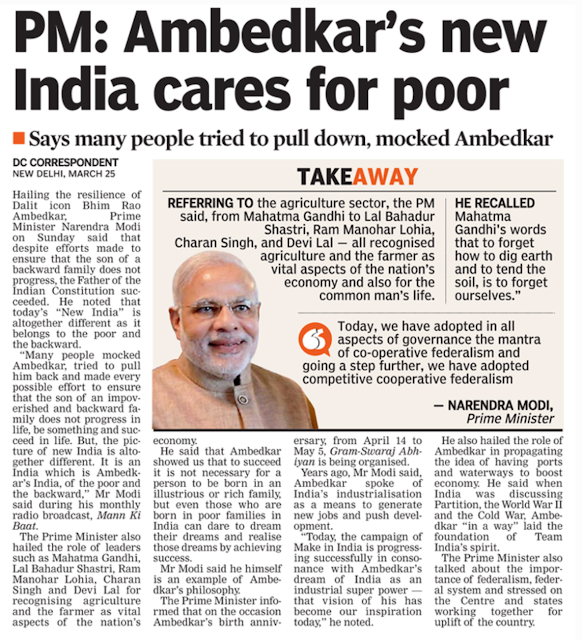By the year 2020, the United States is expected to have a total national debt load of approximately $20 trillion dollars. The cost to service the public portion of that debt is expected to be nearly $800 billion per year, and that's assuming that we don't encounter significantly higher interest rates.
- The combination of high debt, mounting spending pressures from population aging, and moderate growth pose the risk of fiscal/financial crisis – a low probability event but one with potentially enormous costs for the U.S. and global economies.
- To reduce that risk, the US Administration and Congress should restore the health of the country's public finances through gradual but sustained further reductions in the deficit.
- Economic growth is vital for a nation's ability to sustain its public debt. Many debt crises in emerging economies have been caused by declines in growth. In advanced economies, the largest increases in debt ratios occurred when policymakers mistook a prolonged decline in growth for a temporary recession, and failed to cut spending or increase taxes.
- Economic growth is key because when growth declines, revenues decline commensurately, and governments are reluctant to cut spending in response, so that more debt accumulates.
- Living with high debt is living dangerously. As larger deficits are financed, the debt also swells.
- An interest-debt spiral is inconceivable for the United States, long considered a safe haven and benefiting from the "exorbitant privilege" stemming from the dollar's role as a reserve currency. A country's status as a safe haven is ultimately based on investors' perceptions, which can change abruptly. With privilege comes responsibility, and preserving the credibility of the U.S. public finances is vital not only for its citizens but also for the stability of the international financial system.
- If it were possible to sustain high inflation and low interest rates, investors would take their funds abroad. That rules out the "financial repression" strategy. Alternative approaches such as outright default would be even more disruptive. To avoid spooking investors, candidates should not suggest inflation or default as potential means of slashing the debt. That leaves old-fashioned fiscal adjustment through spending cuts – which are increasingly difficult as population aging adds pressures on entitlement programs – and revenue increases. The pace of adjustment should be gradual, in order not to disrupt the global recovery. The U.S. debt ratio may thus be expected, at best, to decline slowly.
- Imposing statutory caps on domestic and military spending will definitely temper the deficit but will get swamped by healthcare and social security spending that will rise with aging population. Also Trump wants to spend $1 trillion on infrastructure in 10 years, surge in military spending and large tax cuts for individuals and corporations which will only increase overall debt.
- Deficits are helpful when economies are in recession. But when they are in near full employment , as US economy is now, deficits should be kept below 3% to avoid drag on investment or worse a financial crisis.
- The share of public debt is expected to reach 89% of GDP by 2027, increasing the risk of financial crisis and raise possibility that investors will become skittish about financing government's borrowing, although many countries have far higher debt levels.
- Besides deficit, tepid economic growth is also a concern. Over next 10 years real economic growth may not exceed 1.9% per annum. The steadily growing economy appears to be giving policy makers more time.
- Prepare to live dangerously for several more years.




















